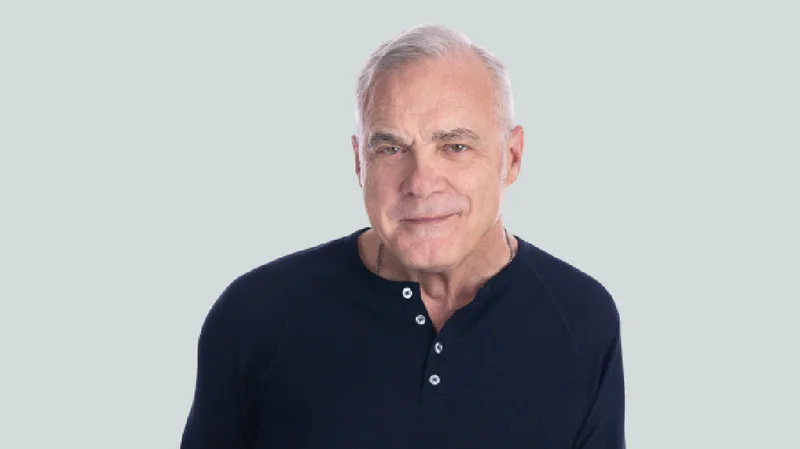Alright, let's dissect this Bertolini situation. Mark Bertolini, former Aetna CEO, now Oscar Health CEO, and new Verizon chairman. It’s a career hat trick that raises more questions than answers. Is this a strategic masterstroke, or is Verizon rearranging deck chairs on the Titanic?
The Health-Tech Angle
Bertolini's background is undeniably in healthcare, specifically the increasingly complex world of health insurance and technology. At Oscar Health, he's been pushing Individual Coverage Health Reimbursement Arrangements (ICHRAs) – basically, giving employees cash to buy their own health coverage. The Hy-Vee Health and Oscar Serve Up a New Era of Employer Healthcare partnership is a prime example, offering a bundled healthcare benefit to employees in Des Moines, Iowa. They boldly claim employers can save 20-30% and employees $500-$1,000 per year using this system.
Here's where my skepticism kicks in. Those savings figures? They’re based on projected savings from ICHRA plans. What's the real-world data after a year or two of implementation? I want to see hard numbers, not marketing projections. It's worth noting that Oscar Health's Q3 results apparently fell short of Wall Street's expectations, which suggests those savings and efficiencies aren't materializing quite as planned.
Oscar has been touting their tech-driven approach, promising a superior insurance experience. But the individual health insurance market is notoriously volatile. As the article about Oscar's Q3 earnings call points out, higher market morbidity – a sicker risk pool – is a persistent challenge. CFO Richard Blackley confirmed that higher-risk members were entering and exiting as anticipated, but the details are scant. How much higher risk? How much higher than anticipated? These are the questions that matter. And frankly, the answers usually get buried in the 10-Q.
The Hy-Vee partnership boasts "$0 care" at their clinics. Sounds great, right? But that "zero cost" is part of a larger insurance plan. Someone is paying for it, and it's either the employer, the employee through higher premiums, or both. It’s not magic. It’s cost-shifting, and it’s crucial to understand the net financial impact, not just the headline.
Verizon: A Sick Company?
Now, let's pivot to Verizon. What does a healthcare innovator bring to a telecom giant? The press release announcing Bertolini's chairmanship mentions "reviving the company." That's… concerning. What’s ailing Verizon? Is it a tech issue? A market share problem? A leadership vacuum?

Verizon's board clearly thinks a change is needed. But is Bertolini the right person? He doesn't have a background in telecom, infrastructure, or 5G rollout – Verizon's core business. One could argue that Verizon needs a shakeup in its benefits programs for employees, and Bertolini's experience with ICHRAs could be beneficial there. Maybe Verizon is looking to him for insights into managing healthcare costs for its massive workforce. (Verizon has a lot of employees).
But that feels like a very expensive and circuitous route to cost savings.
I’ve looked at hundreds of these kinds of appointments, and this one is unusual. It feels like a desperate attempt to inject something new into a company that's perceived as stagnant. My gut tells me that Verizon is hoping Bertolini can bring a fresh perspective on customer engagement and potentially explore new revenue streams at the intersection of healthcare and technology.
Maybe Verizon envisions a future where it partners with healthcare providers to offer bundled services – telehealth, remote monitoring, and connectivity solutions. It's a plausible scenario, but it requires a significant strategic shift and a willingness to disrupt their existing business model.
A Hail Mary or Calculated Risk?
The appointment of Bertolini is a bet. The board clearly felt the need for a catalyst, someone who could shake things up. It's a high-stakes gamble, given Bertolini's lack of direct experience in the telecom sector. Is it a sign of desperation, a "Hail Mary" pass in the hopes of a miracle? Or is it a calculated risk, a strategic move to position Verizon for a future where healthcare and technology are inextricably linked?
Only time will tell if this gamble pays off. But right now, the data isn't conclusive. And that's the most honest assessment I can give.
